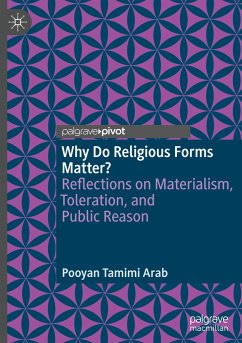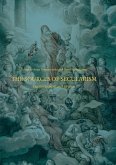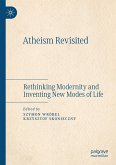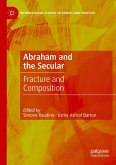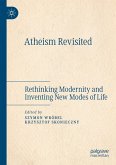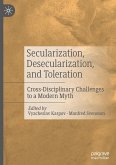In Why Do Religious Forms Matter?, Pooyan Tamimi Arab reflects on the Early Modern roots and contemporary relevance of a materialist perspective on the politics of religious diversity.
Taking as a starting point the insight that religions manifest in myriad sensible forms-in architecture, in images, in the use of objects in rituals, and in distinctive ways of speaking-Tamimi Arab traces to Spinoza the material-religion approach prevalent in anthropology and religious studies. It is in Locke's political philosophy, however, that forms are tied to toleration-understood as a neutrally applied civil right-which Tamimi Arab discusses through contemporary case studies of mosque construction, amplified calls to prayer, and the right to ritual slaughter.
Going beyond the Enlightenment criticism and toleration of religions, the book concludes with an inclusive reading of Rawls's ideal of public reason, which assumes forms of discourse-religious and non-religious-to always beseveral. Religious forms thus turn out to be indispensable to liberal democracy itself.
Taking as a starting point the insight that religions manifest in myriad sensible forms-in architecture, in images, in the use of objects in rituals, and in distinctive ways of speaking-Tamimi Arab traces to Spinoza the material-religion approach prevalent in anthropology and religious studies. It is in Locke's political philosophy, however, that forms are tied to toleration-understood as a neutrally applied civil right-which Tamimi Arab discusses through contemporary case studies of mosque construction, amplified calls to prayer, and the right to ritual slaughter.
Going beyond the Enlightenment criticism and toleration of religions, the book concludes with an inclusive reading of Rawls's ideal of public reason, which assumes forms of discourse-religious and non-religious-to always beseveral. Religious forms thus turn out to be indispensable to liberal democracy itself.

